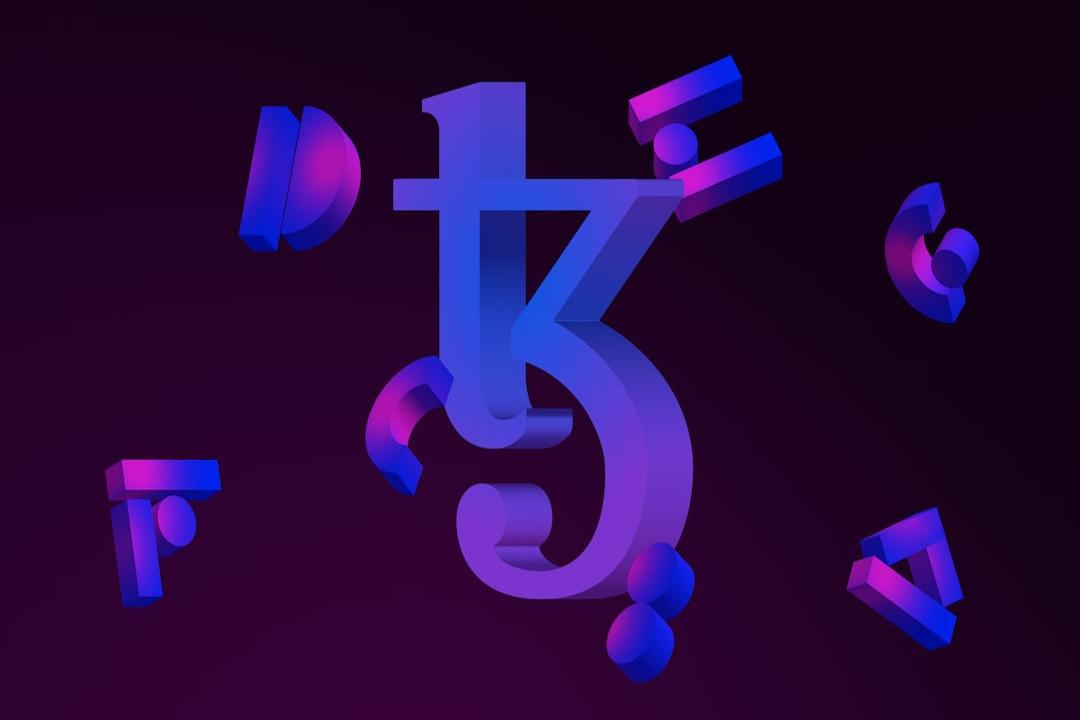**Disclaimer:** The opinions and perspectives presented in this article are solely those of the author and do not reflect the views of the editorial team at crypto.news.
—
“Party Like It’s 1999,” crooned Prince Rogers Nelson, a fitting anthem for a transformative moment in music history. On June 1, 1999, a groundbreaking software service launched, forever altering the landscape of music distribution, consumption, and even its creation. Napster, a peer-to-peer file-sharing platform, quickly became a sensation among music enthusiasts. By March 2000, just a month shy of its first anniversary, it boasted over 20 million users eager to share and download music for free. Created by Shawn Fanning and Sean Parker, this innovative software scanned users’ hard drives, cataloging all MP3 files and enabling them to share and play those tracks with others on the platform.
**You might also find interesting:**
Expanding mobile services with device licensing and crypto | Opinion
However, Napster’s meteoric rise was short-lived due to a series of legal challenges that stemmed from allegations of cybercrime, particularly regarding file sharing and piracy. The Recording Industry Association of America (RIAA) claimed that Napster’s software facilitated copyright infringement, leading to a lawsuit against the service. Ultimately, Napster was shut down in 2001. Despite its downfall, the technology behind Napster had a lasting impact on the music industry, paving the way for various other P2P file-sharing services. This shift contributed to the emergence of the first virtual currency for peer-to-peer systems: Karma, introduced in 2003 as a means of payment for file-sharing services.
**Magic Internet Money: Karma**
The first iteration of internet currency, predating Bitcoin (BTC), was Karma, conceived by Dr. Emin Gun Sirer, the founder and CEO of Ava Labs. Dr. Sirer explained that the rise of the internet and the World Wide Web marked a significant transition from localized computing to a global network. He further elaborated, “I developed Karma to ensure that individuals participating in peer-to-peer file-sharing networks did not merely leech resources. Instead of just downloading files without contributing, my solution was to create a form of ‘magic Internet money’ that users needed to exchange for downloads. Running out of Karma would compel users to upload files to regain their currency.”
Founded in 2018 and based in Brooklyn, New York, Ava Labs aims to tokenize assets across multiple blockchain ecosystems, including the music industry through music NFTs.
**Music NFTs**
Dr. Sirer notes that blockchains are ushering in a new era in networked computing, enabling many-to-many communication over a shared ledger. This facilitates collaboration among multiple computers, fostering consensus and shared services within the network. Consequently, this innovation has led to the creation of unique, secure tokenized assets, such as music NFTs, among various other applications. By leveraging blockchain technology, which securely records ownership rights to music, the **Avaissance** program empowers musicians with fresh creative and financial opportunities. Artists can now sell music NFTs directly to fans through NFT marketplaces, expanding their artistic horizons. Dr. Sirer emphasizes that different types of tokens exist within this ecosystem.
**Musical Entertainment in the Metaverse**
Sebastien Borget, COO and co-founder of The Sandbox—an entertainment platform built on the Ethereum network—has introduced a new web3 environment for musical entertainment in the metaverse called **ShowCity**. This digital venue hosts popular TV shows like The Voice and features renowned music industry figures such as Snoop Dogg, Steve Aoki, and Chainsmokers. Warner Music Group also made its mark as the first major music label to enter the metaverse, bringing top artists like Bruno Mars, Twenty-One Pilots, Ed Sheeran, Madonna, and Metallica for virtual concerts and other musical experiences.
ShowCity offers musicians exclusive digital and physical perks—such as tickets to live tapings of The Voice—when they acquire LAND within the platform in exchange for The Sandbox (SAND), which was classified as a security by the US Securities and Exchange Commission last year. Snoop Dogg even tweeted about the affordability of Sandbox LAND: “That’s a bargain.”
Musicians can create avatars to perform virtual concerts, generating millions in ticket sales and NFT merchandise. All items obtained in The Sandbox are fully owned by the artists, opening new revenue streams.
Sebastien Borget highlighted that ShowCity advances the concept of an open metaverse, promoting sustainable, fan-owned, and community-driven initiatives in musical entertainment through partnerships with non-profit organizations focused on social, environmental, and climate causes.
**Potential Legal Challenges in Music Tokenization**
As artists embrace the tokenization of their music, host metaverse concerts, and release collectible NFTs, they must navigate potential legal hurdles and financial complexities. Issues such as copyright, taxation, the security classification of tokens, anti-money laundering (AML) considerations for metaverse land sales, sanctions compliance, artist royalties, and environmental concerns related to music NFTs and metaverse platforms could complicate the landscape.
Jonathan Cutler, senior manager at Washington National Tax, Deloitte Tax LLP, remarked, “Read more: A taxing year for digital assets begins | Opinion.”

